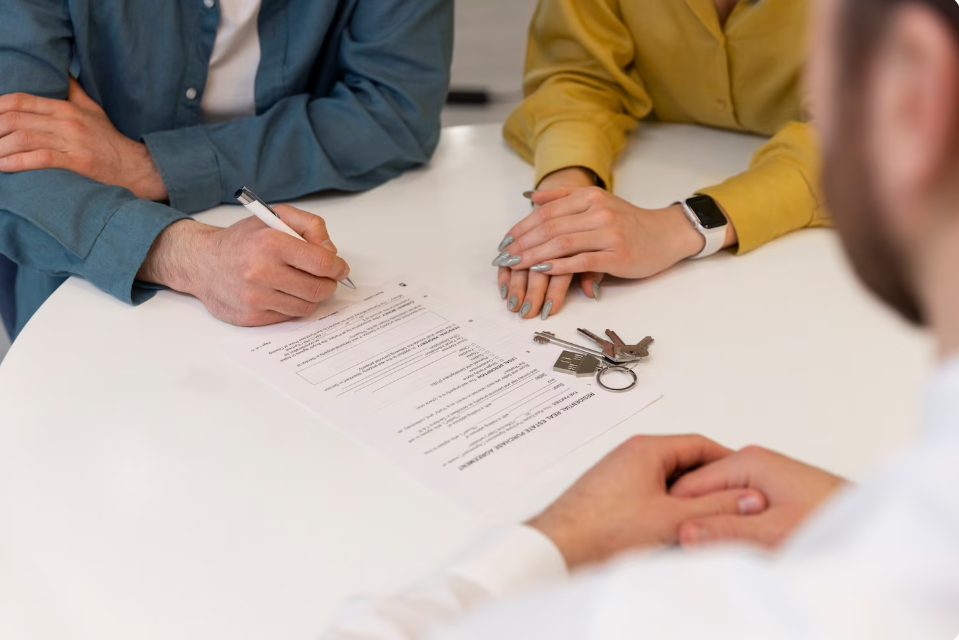For landlords across the UK, staying compliant with safety regulations is no longer optional it’s a legal necessity. One of the most important documents landlords must obtain is the EICR Certificate, also known as the Electrical Installation Condition Report.
Electrical safety is often overlooked, yet faulty wiring and appliances are some of the leading causes of fires in UK rental homes. An EICR Certificate not only ensures compliance with the law but also protects tenants, safeguards property, and strengthens landlord credibility.
In this guide, we’ll break down everything landlords need to know about EICR Certificates, why they matter, how to obtain them, and how they fit into the wider framework of landlord certificates.
What Is an EICR Certificate?
An EICR Certificate is an official report issued by a qualified electrician after inspecting a property’s electrical systems. It assesses the safety of the wiring, sockets, fuse box, and other installations.
The report highlights:
- Whether the property is safe for tenants
- Any immediate risks or potential hazards
- Recommendations for necessary repairs or upgrades
For landlords, an EICR Certificate is more than just a safety measure—it is a legal requirement. Since July 2020, UK regulations have made it mandatory for all rental properties to have a valid EICR.
Why Landlords Need an EICR CertificateLegal Requirement
Landlords must renew their EICR Certificate every five years or at the start of a new tenancy. Failure to provide one can result in fines of up to £30,000.
Tenant Safety
Electrical issues can be deadly. An EICR identifies risks such as faulty wiring, overloaded circuits, and outdated installations before they cause harm.
Protecting Your Property
Unchecked electrical systems can cause fires, leading to significant property damage. An EICR acts as early prevention.
Insurance Protection
Insurance companies often require proof of electrical safety. Without a valid EICR, claims could be rejected.
The Wider Framework of Landlord Certificates
While the EICR Certificate is crucial, landlords must also ensure compliance with other essential certificates, including:
- Gas Safety Certificate (CP12 Certificate): Annual requirement for properties with gas appliances.
- EPC Certificate (Energy Performance Certificate): Rates energy efficiency; required for new tenancies and sales.
- PAT Testing Certificate: Ensures provided appliances are safe to use.
- Electrical Safety Certificate: General certification covering property-wide electrical compliance.
Together, these certificates form the foundation of landlord responsibilities.
What Happens During an EICR Inspection?
A qualified electrician will:
- Inspect the condition of wiring, sockets, and electrical installations.
- Test for overloaded circuits, poor connections, and potential fire hazards.
- Identify outdated electrical components.
- Provide a detailed report categorised into:
- C1: Danger present, immediate action required.
- C2: Potentially dangerous, urgent remedial work needed.
- C3: Improvement recommended.
If the inspection identifies issues, landlords must complete remedial work within 28 days (or sooner, if specified). A follow-up EICR will then confirm compliance.
How to Obtain an EICR Certificate
The process is straightforward but must be carried out by a qualified, NICEIC-registered electrician. For landlords in London,First Landlord Certificates London provides hassle-free EICR inspections alongside other essential certificates.
By booking with professionals, landlords gain:
- A fully compliant EICR Certificate valid for 5 years
- Fast turnaround times
- Competitive pricing
- Peace of mind that the property meets legal standards
Benefits of Staying Compliant
While some landlords may see certificates as an expense, they offer significant benefits:
- Stronger tenant relationships – Tenants feel secure in safe homes.
- Reduced maintenance costs – Regular inspections prevent costly emergencies.
- Higher rental appeal – Safe and efficient homes attract quality tenants.
- Long-term property value – Well-maintained systems add to resale value.
Common Questions About EICR Certificates
1. How long does an EICR inspection take?
Between 1–4 hours, depending on property size and condition.
2. Do I need an EICR for a new build property?
Yes, although new builds come with an initial installation certificate, landlords must still arrange an EICR within 5 years.
3. Can I rent out my property without an EICR?
No. It is illegal to start or continue a tenancy without a valid certificate.
4. Who is responsible for the EICR—the landlord or tenant?
The landlord is legally responsible for arranging and paying for the inspection.
Conclusion
For landlords, the EICR Certificate is not just a piece of paper it’s a cornerstone of compliance, safety, and professionalism. By securing an up-to-date certificate, landlords protect their tenants, avoid costly penalties, and maintain the value of their properties.
In the wider framework of landlord certificates, the EICR works alongside gas, energy, and appliance checks to create a complete safety net.
For those seeking a reliable provider, First Landlord Certificates London offers expert certification services across London, helping landlords stay compliant without the stress.
Landlords who prioritise certificates don’t just follow the law they set the standard for safe, modern, and responsible renting in the UK.
